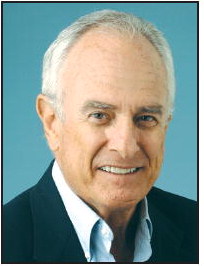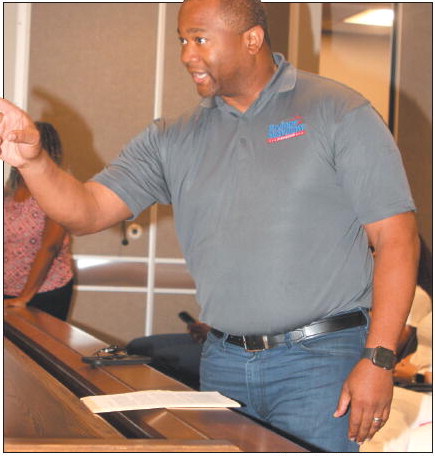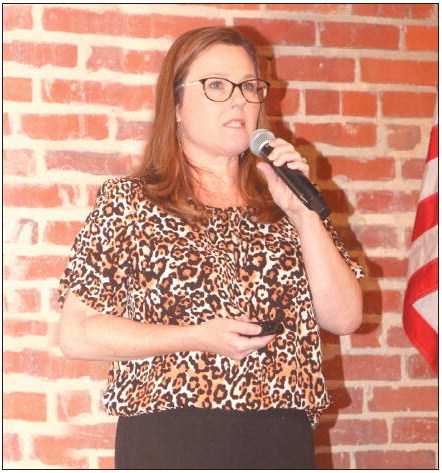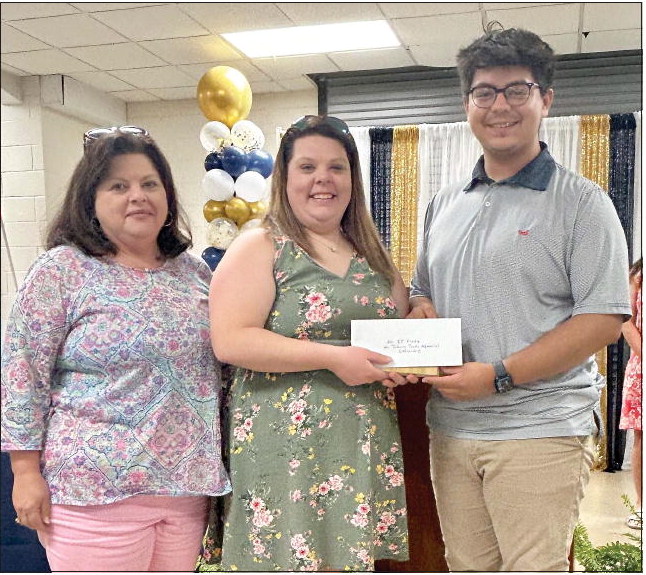Sam Nunn


With basketball moving toward competition, the game plan, as it has been for other sports, is to let the games begin and hope for the best. However, with COVID, no one knows what tomorrow will bring. So much has been canceled, even dating back. For several years, I have enjoyed seeing former U. S. Senator, Sam Nunn, at the Botanical Gardens ball in the spring, but that event was canceled last May. A couple of years ago, I enjoyed reminiscing with him about his days as a high school basketball player while conducting research for Georgia Trend Magazine. Here is what I put together about this one-time basketball star at Perry. Samuel Augustus Nunn Jr., has a ring of royalty, but even with his cogent brilliance as a U.S. Senator, from Nov. 8, 1972, to Jan. 3, 1997, Nunn functioned in a cocoon of modesty with a downhome demeanor that made him a powerful principal in the most exclusive club in the United States. If not kings, he walked with the power brokers of the world, but never lost the common touch.
He has always remained a part of his past, never forgetting his seamless small town lifestyle. His best friends have always been the guys he played basketball with and his memories of the genius of his legendary coach Eric Staples are readily on call when he reminisces with need to make a point about teamwork and leadership.
Senator Sam may not have been a superstar, but shall we say, he was something of a hometown hero continued from page
for Perry in the mid-fifties. (“I was short and slow, but a good rebounder for my size,” he laughs). His times were good times for Georgia Tech in basketball under Whack Hyder. Nunn walked on at Tech and experienced an emotionally uplifting fling at Southeastern Conference competition. The future senator was grateful for the experience of playing college basketball albeit briefly.
More a man of letters than athlete, Nunn assessed his options and chose to transfer to Emory where he graduated with a law degree and, following active duty in the Coast Guard, returned to Perry where he practiced law and managed the family farm. He was elected to the Georgia House of representatives in 1968 but had greater political ambition. In the early seventies, he won a hard fought primary battle principally with David Gambrell in a field of 14 and then won the general election by defeating Republican Fletcher Thompson.
He served in the U. S. Senate for 27 years, becoming one of the Senate’s most respected and accomplished leaders ever. His long-time press-aide, Roland McElroy, wrote a book with which many who know the senator heartily agree: The Best President, The Nation Never had.
For years he was chairman of the powerful Armed Services Committee and was a hard working mediator who earned the respect of not only his colleagues but world leaders as well. He was a confidante of Presidents but chose not to run, noting that when he “looked into the mirror” he felt senatorial but never presidential.
Whatever he has achieved in life, he gladly offers a tip of the hat to those days, scrimmaging diligently under the sage eye of Eric Staples, a master psychologist who was a moralist, teacher and friend. It was under Staples that he learned about the things that would bode well for his political future. Sacrifice, teamwork and team bonding, but most of all leadership.
He was never nervous on the floor of the U. S. Senate. He had experienced something far more intense such as beating Valley Point for the state title.
“Sam was one of Perry's greatest players,” Billy Powell, a former teammate says. “He was a twotime all-state selection, a great shooter who scored 27 points that night when we beat undefeated Valley Point for the state title in 1956,” offering a moving disclaimer to the senator's self-deprecating self-appraisal.
“You can’t imagine what basketball meant to the community,” Nunn says. “It was like a ‘Hoosier’ movie. There would be 40 to 50 cars caravanning to our out-of-town games. We didn’t have a football team until I was a junior in high school. We were a small school, but under Coach Staples’ leadership we could compete with schools in higher classifications.
Staples' nickname was “Fessor,” for Professor (he was also the school principal) and vignettes of his days associated with the Perry legend often appear in his mind’s eye. Nunn remembers summer jobs that his coach arranged for him and his teammates such as digging worms for fish bait and working in the peach packing shed— healthy exercise and activity usually concluding with shooting a few baskets.
Looking back, it was a growing-up experience to savor, a simple life from which a political titan emerged, one whose contributions to society are monumental. In the Senate he learned the art of compromise (Fessor’s principles of teamwork), diligent study of tradition and rules (Fessor’s underscoring of details), not taking defeat personal (Fessor’s management of emotions with a passionate affinity for sportsmanship). His work in nuclear disarmament and later, the destruction of nuclear weapon arsenals, were well served by the athletic competition and the leadership principles he learned from 'Fessor' Staples, who at one point was the winningest prep basketball coach in the country. Nunn, with his wisdom, judgment and resolve, could face down an opponent with aplomb which he did that night the Panthers defeated Valley Point for the state championship. If somebody should write a book, The Making of a Senator, they probably would need to start with that game.”






